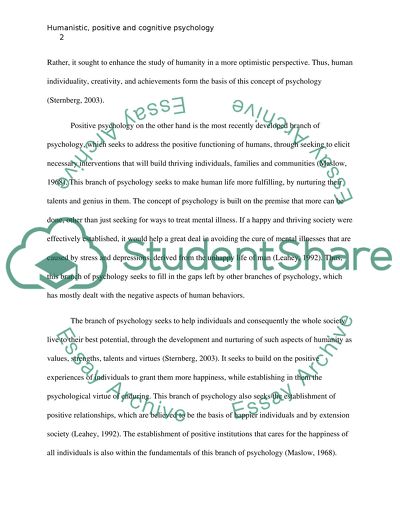Cite this document
(“Humanistic Psychology, Positive Psychology and the Cognitive Movement Essay”, n.d.)
Retrieved from https://studentshare.org/psychology/1449086-humanistic-psychology-positive-psychology-and-the
Retrieved from https://studentshare.org/psychology/1449086-humanistic-psychology-positive-psychology-and-the
(Humanistic Psychology, Positive Psychology and the Cognitive Movement Essay)
https://studentshare.org/psychology/1449086-humanistic-psychology-positive-psychology-and-the.
https://studentshare.org/psychology/1449086-humanistic-psychology-positive-psychology-and-the.
“Humanistic Psychology, Positive Psychology and the Cognitive Movement Essay”, n.d. https://studentshare.org/psychology/1449086-humanistic-psychology-positive-psychology-and-the.


